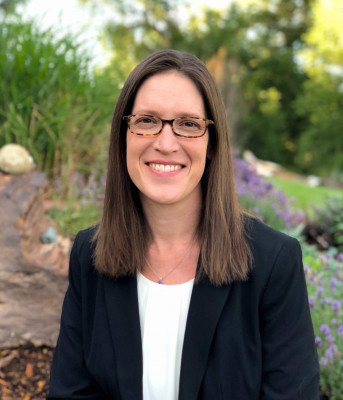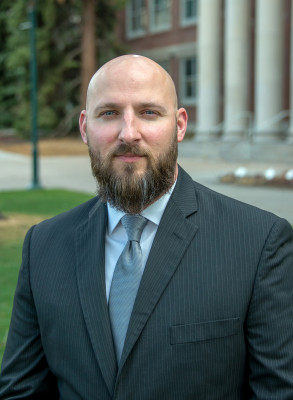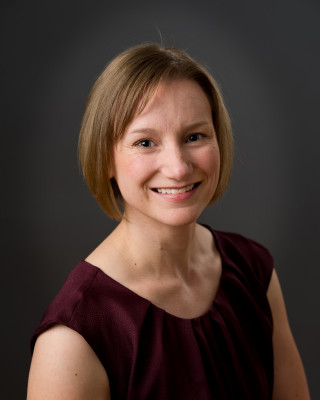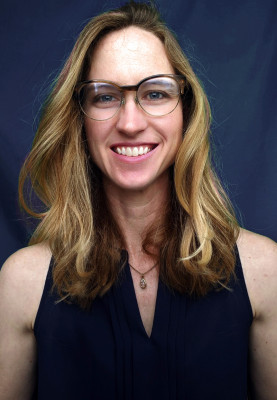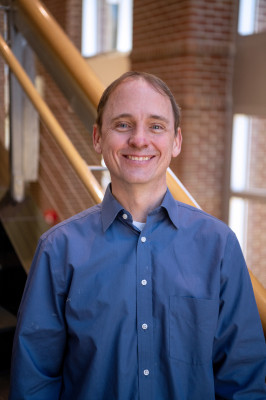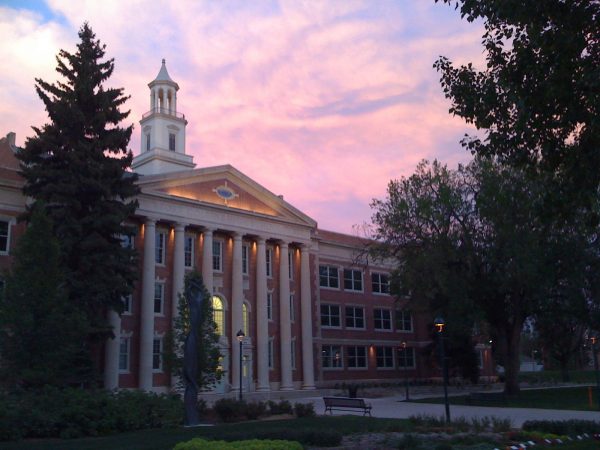Music Therapy is the application of music for rehabilitation of brain function and development and maintenance of mental and physical health. The qualified music therapist creates therapeutic music exercises to facilitate functional non-musical outcomes, training and retraining abilities in cognition, speech and language, motor control, academic performance, emotional growth, and social skills. There is strong scientific evidence that music is a powerful tool in therapy, engaging and changing the brain, and promoting behavioral learning and change.
Colorado State University has a long tradition in clinical education, research, and scholarship in music therapy. With an outstanding music program and an academic focus on evidence-based practice, graduates from Colorado State University learn necessary tools to be an integral member of a treatment team or pursue a career in private practice. Students also have the opportunity to gain experience on a biomedical or clinical research team.
In addition to the clinical core, music therapy majors take a wide variety of courses in music theory, music history, music performance, and coursework emphasizing the research aspects of music therapy. In addition, the program requires courses in psychology, neuroscience, and medical terminology. A total of 120 credits are required for the degree. Successful completion of all curricular requirements, plus a six month clinical internship, qualifies a graduate to sit for the National Board Certification Examination.
All degree programs are approved by the American Music Therapy Association.
Study With
Music Therapy News
Arts Well Represented at 2015 CSU Graduate Student Showcase
On February 25, several Music and LEAP graduate students presented research at CSU’s Graduate Student Showcase. Over 300 CSU graduate students presented research and creative works, including six exhibits from music students in areas of performance, education, and therapy, along with four exhibits from students in the LEAP Master of Arts Leadership & Administration program. […]
William Davis receives American Music Therapy Association Lifetime Achievement Award
William Davis has been recognized for a lifetime of commitment and dedication to the field of music therapy with the American Music Therapy Association Lifetime Achievement Award.The prestigious award is given to signify the recipient’s primary role in the establishment and continued growth of the field of music therapy. According to the official announcement, “The […]
Music to cope, learn, and heal
When alumnus Casey Ehresman ʹ08 taught in the K-12 education system, she noticed that music had a way of helping children manage stress and excel academically. She chose Colorado State University to study music therapy because of the program’s emphasis on neurologically based research and study. Now a music therapist in a maximum security state […]


